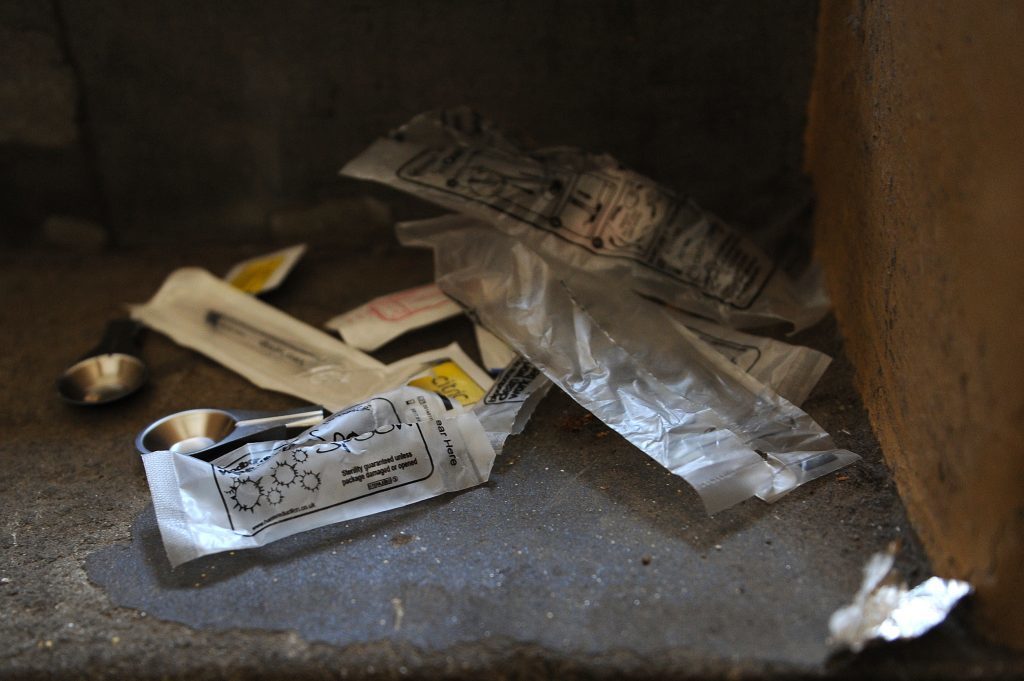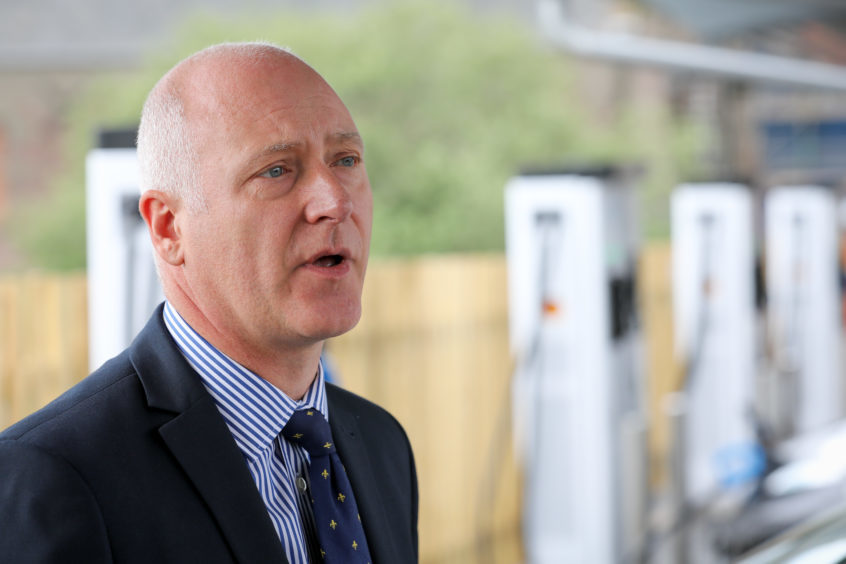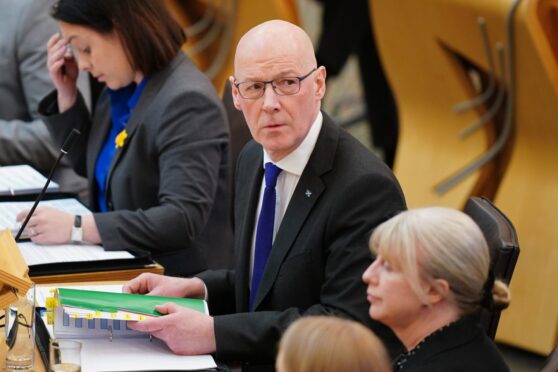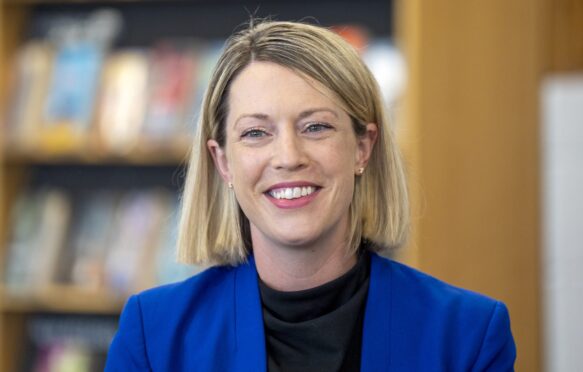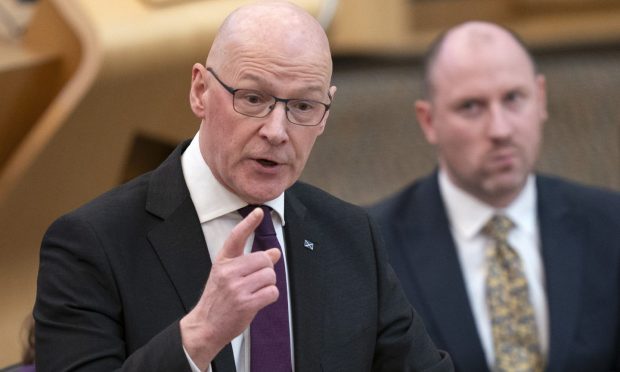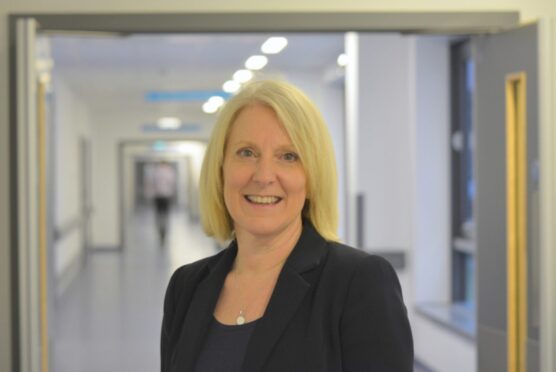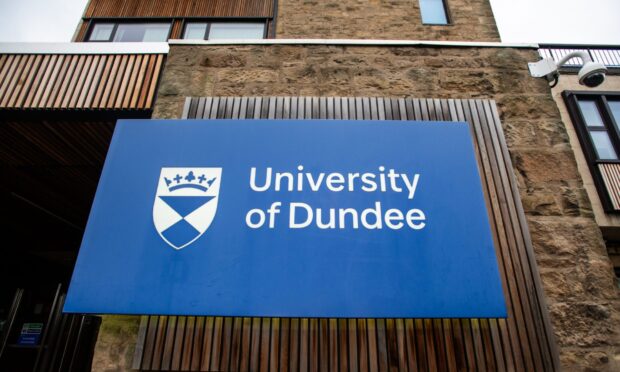Scotland is home to 57,300 problem drug users, new figures show.
Of those, 7,400 live in Tayside and Fife, according to estimates by NHS Scotland.
Dundee has the country’s fourth highest proportion of residents whose lives are blighted by narcotics, with Glasgow coming out worst.
The Lib Dems called the figures “grim but unsurprising” and demanded drug misuse is treated as a health rather than criminal issue.
In Dundee, there are 2,300 problem users, making it one of the epicentres of Scotland’s drug crisis.
The report said: “The population of Dundee City, aged 15 to 64, makes up 11.0% of the total population for the North of Scotland combined.
“By contrast, the prevalence estimate for Dundee City makes up 21.7% of the overall drug prevalence estimate for the North of Scotland combined.”
The estimated 2015-16 figures in the Prevalence of Problem Drug Use in Scotland report cover working age adults and the eldest schoolchildren.
The definition of problem drug user does not include recreational or occasional use.
It was compiled by referring to treatment registrations, hospital admissions and criminal justice reports.
Rosemary Bruce, for the Scottish Liberal Democrats, said: “These figures are grim but unsurprising. Coupled with soaring drug-related hospitalisations and deaths reaching an all-time high, today’s analysis must compel the Scottish Government to take radical action.”
The councillor said that must be based on treatment and education rather than sending those caught with drugs purely for personal use to prison.
Public Health Minister Joe FitzPatrick said: “We’re committed to tackling the damaging impact of drugs in Scotland. Our new national drug and alcohol strategy sets out bold measures to prevent drug-related harm with a focus on improving how we provide support to those who need it.
“We are backing this up with an additional £20 million a year for drug and alcohol services.”
A commission was set up last year to tackle Dundee’s drug problem, which held its final evidence session last month.
It was founded to “ask hard questions and introduce meaningful change” with the findings expected to be published in late May or early June.

